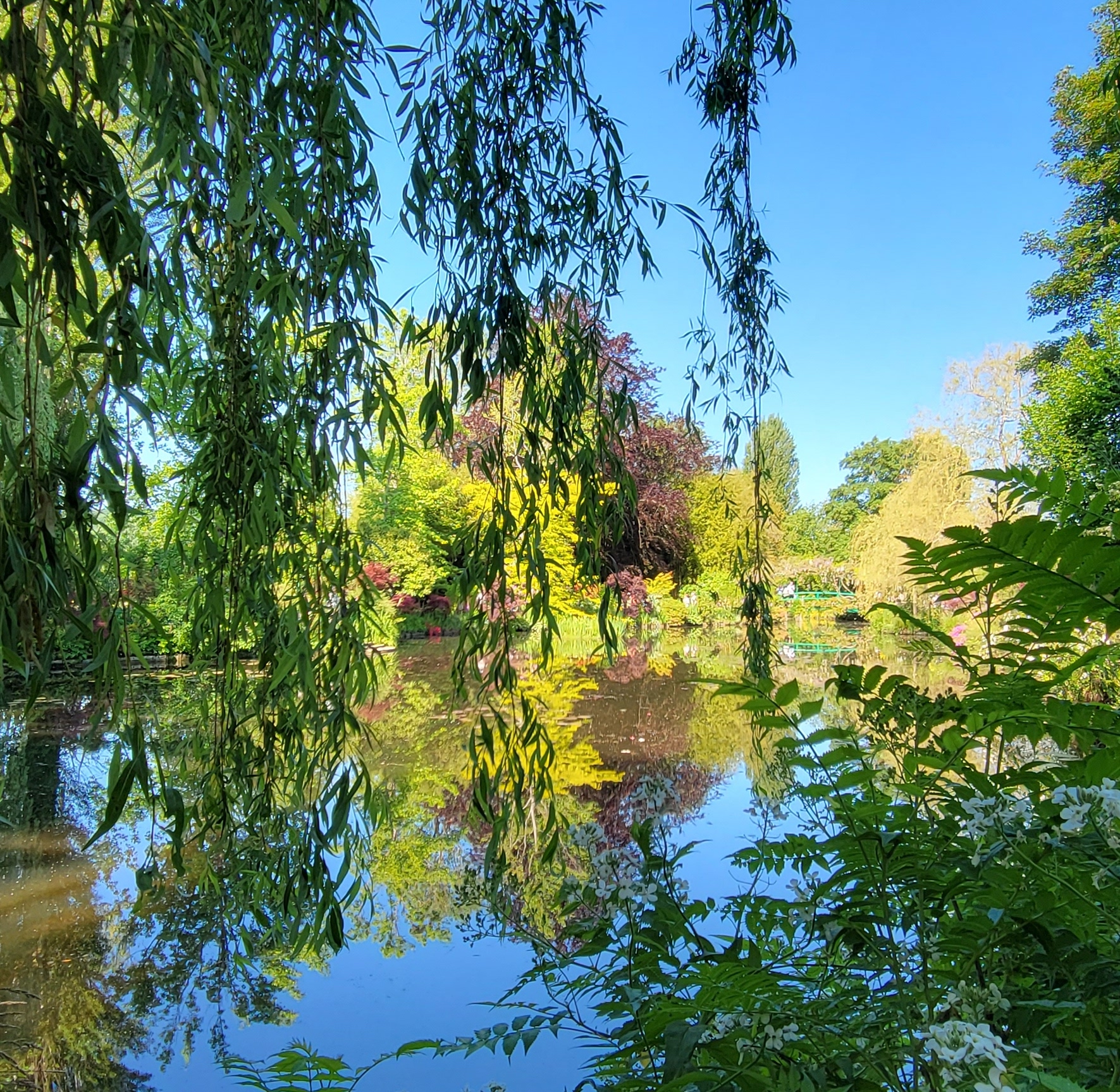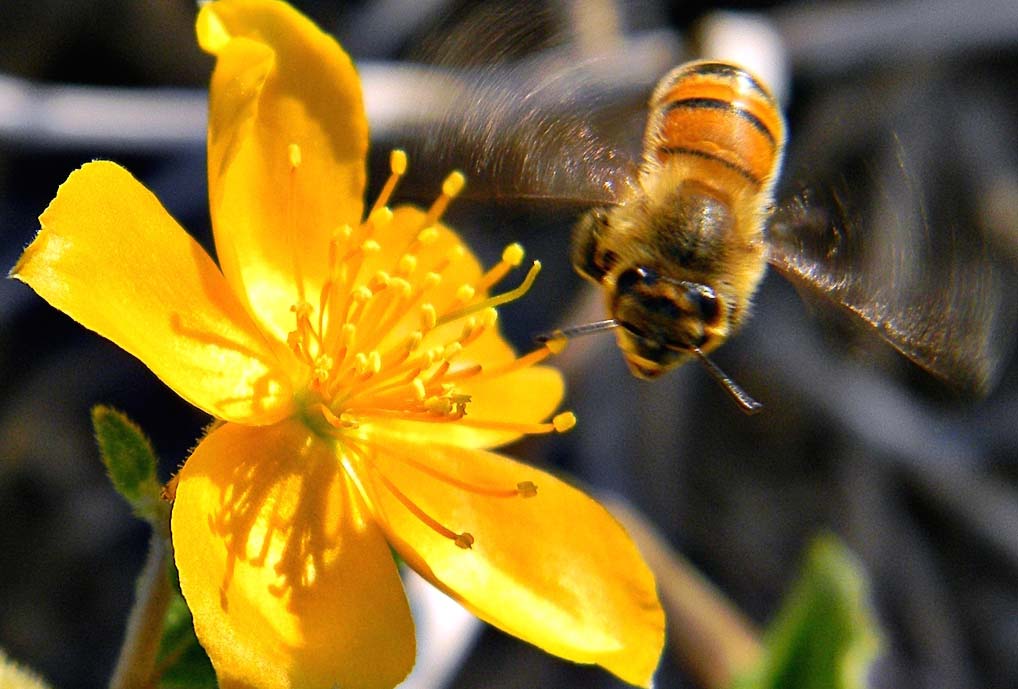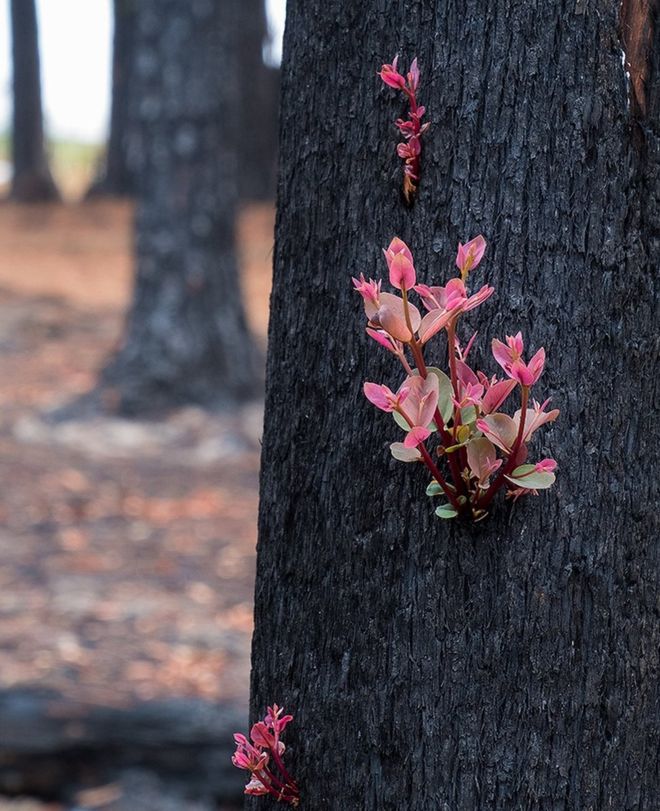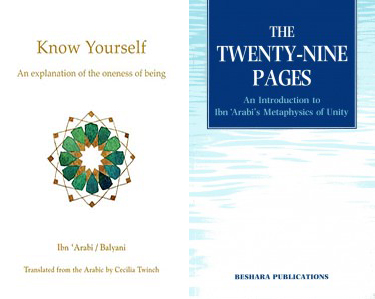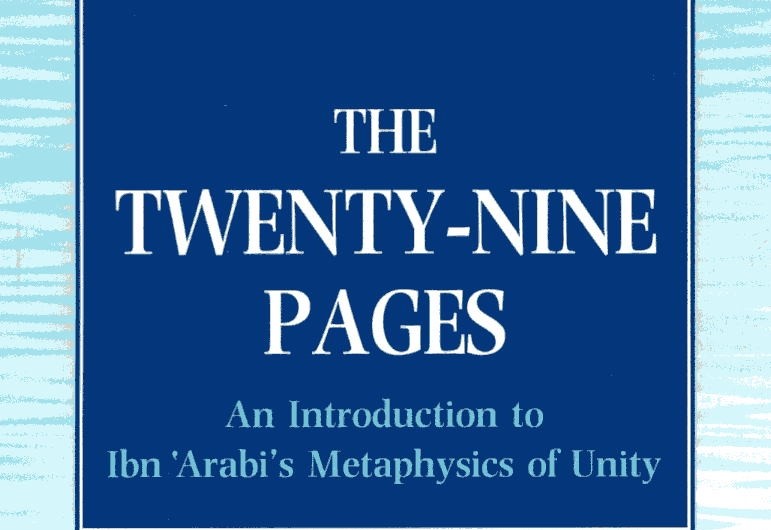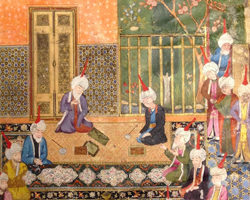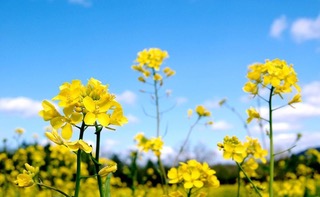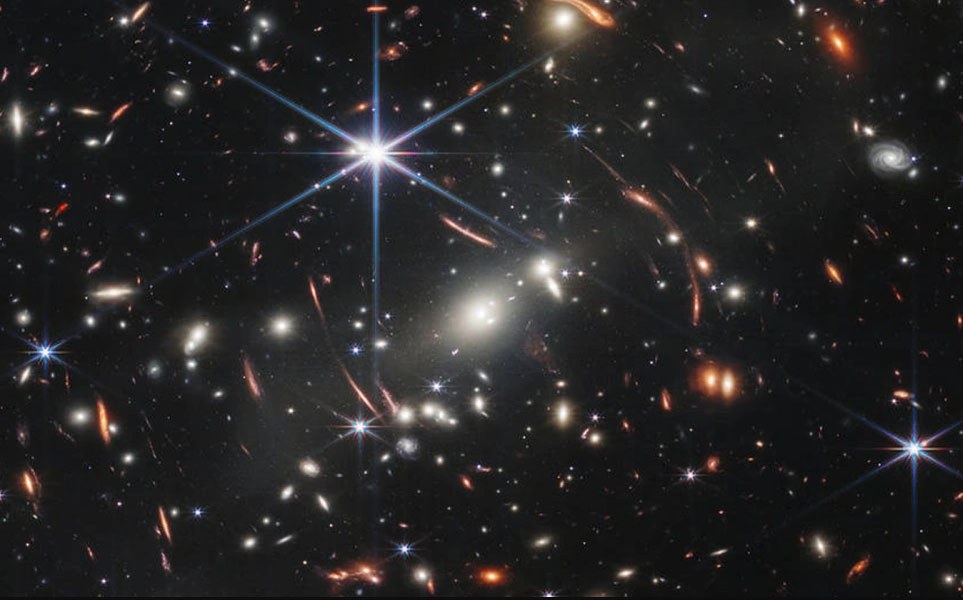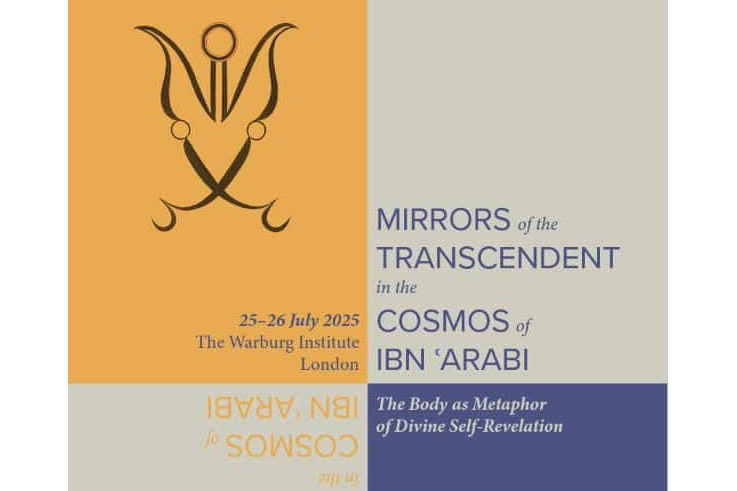An Afternoon with Rumi and Shams: Two in the Singular
June 8, 2019 (2–5pm)
The October Gallery, 24 Old Gloucester Street, London WC1N 3AL
A workshop with Alan Williams, Professor of Iranian Studies and Comparative Religion, University of Manchester
Event Description
Reflecting on Rumi and Shamsuddin of Tabriz is the subject of this Beshara workshop. Can we even think in such 20th /21st century terms about the nature of their ‘relationship’? Hence, the telling subtitle ‘Two in the singular’. We do not use ordinary English to talk about the basics of classical Persian Sufi teachings – ‘heart’ (qalb – قلب), ‘spirit’ (ma’ani – معنی), ‘the lover’ (‘āsheq – عاشق), ‘the beloved’ (ma’ashūq – معشوق), ‘love’ (‘eshq – عشق), ‘knowledge/wisdom (‘arifān, ma’arifat – عرفان, معرفت), ‘extinction’ (fanā – فنا), ‘union’ (tawhid – توحید) – even ‘man’ (insān, mard – انسان, مرد) – these are all technical terms in this discourse.
Yet, we tend easily to slip into thinking biographically when we talk about these two teachers, as if it is unproblematic to discuss their human interaction. In this workshop, I do not want to give out answers but perhaps just stimulate reflection on the problem of understanding the companionship (suhbat – صحبت) and friendship (dūsti – دوستی) of two great individuals.
We shall look at the evidence of Rumi’s works, Divan-e Shams-e Tabrizi, Masnavi, and of the discourses of Shams Maqalat, as well as the later biographies by Aflaki, Sepahsalar and others. We shall also reflect on views of modern authorities, such as the Iranian scholar Foruzanfar, and the Cambridge scholar R.A. Nicholson and others, as well as interpretations of some popular contemporary writers, teachers and pundits.
I leave you with a few verses I translate from the Masnavi, where, rarely, Rumi mentions Shams:
I said, ‘If He were naked in your sight,
* you’d not survive, nor would your breast nor waist.
Ask for your wish, but ask with moderation:
* a blade of straw cannot support a mountain.
The sun by which this world’s illuminated
* will burn the lot if it comes any closer!
Don’t seek out trials and griefs and shedding blood!
* From now on, no more talk of Shams of Tabriz!
There is no end to this. Begin again,
* and go recite the ending of this tale.
Masnavi 1.139-143
Facilitator
Alan Williams is Professor of Religion and Comparative Studies at the University of Manchester. His translation of the first book of Rumi’s Masnavi was published by Penguin in 2006. A new annotated edition of this translation together with a translation of Book 2 are due to be published by I.B. Tauris. Alan has given many seminars and talks for the Beshara Trust, most recently the Beshara Lecture in 2016.
Booking & Fees
Cost: £8 + £1.54 registration fee from Eventbrite
https://www.eventbrite.co.uk/e/an-afternoon-with-rumi-and-shams-two-in-the-singular-tickets-61570641446
Or from Facebook
Entry by ticket – refreshments provided
Enquiries:
Michael Cohen at london@beshara.org or 020 8300 7928

